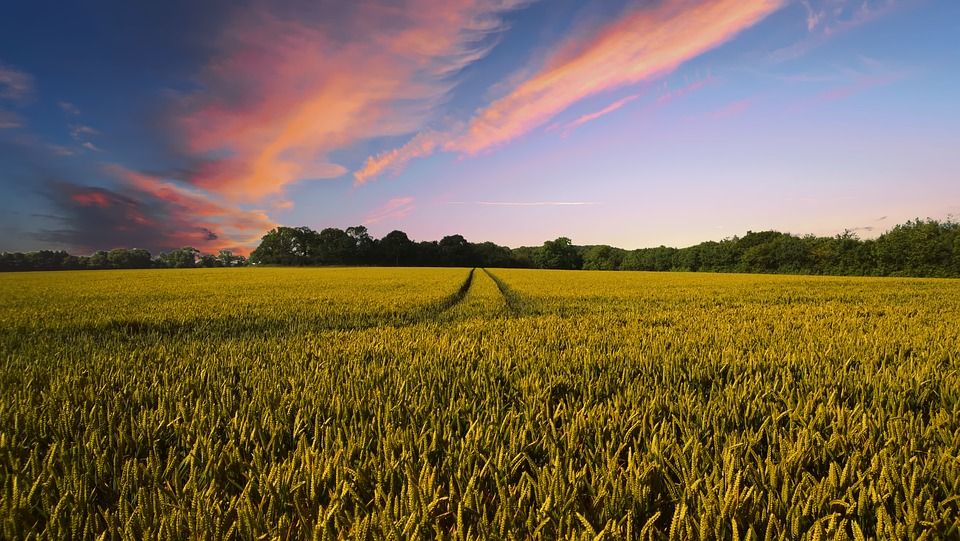Never before has organic agricultural land been as popular in Denmark as it is currently, according to a new report from the Landbrugsstyrelsen agricultural agency.
The report (here in Danish) reveals that 10.5 percent of land reserved for agriculture in Denmark has been transformed into organic land, and there are now close to 4,000 organic farmers in the country.
“The desire to change to organic is reverberating across the country and is something that is highly driven by consumer demand,” said Ane Førde, the head of organics at Landbrugsstyrelsen.
“At the moment we are working on new nature and climate demands, and we have already strengthened the options for organic bee keeping and rabbit breeding. Overall, it helps Denmark in its position as one of the world’s leading nations for organics.”
READ MORE: Dairy me! World going nuts over Danish organics
Jutland leading the way
Compared to 2017, an additional 34,000 hectares of land was made organic in 2018 – 280,000 hectares in total in Denmark now – and the number of organic farmers in Denmark increased by 325.
With almost 79,000 hectares, the region of south Jutland has the most organic farming land, followed by west and north Jutland (both around 58,000 hectares), east Jutland (almost 30,000), and west and south Zealand (just over 25,000).
Check out the map below to see which municipalities have the highest shares of organic farming land. Dark green denotes more than 16 percent, light green is between 12 and 16 percent, yellow is between 8 and 12 percent, light red is between 4 and 8 percent, and red is less than 4 percent.
Compared to conventional agriculture land, organic farming land has greater animal welfare, a ban on synthetic pesticides and less nitrate runoff into the water environment.

















